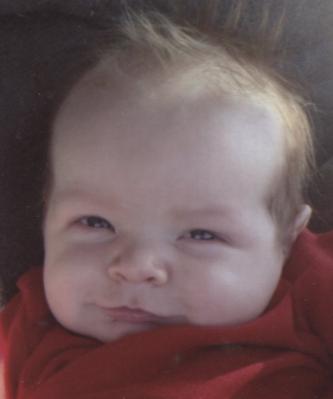 Deacon’s Digest
Deacon’s Digest
Constant connectedness - is it good?
I love to ride my bicycle or walk for exercise around town and have been doing that for several years (I used to run). For me, one of the benefits of being out is that I do NOT
have my phone with me. I like being “disconnected” for a while every day.
But the one thing I notice from many fellow exercisers is that they are talking on their phone or listening to something or frequently checking their phone as they walk or ride. Now, I’m an old guy who grew up without all of this technology which probably makes it easier for me to set it aside but I do wonder if this constant connectedness is really good for us, for our relationship with ourselves, others, and especially our relationship with God. I have read many reports over the past couple of years about psychological conditions that some people experience when they are away from their phone or are out of range for a good signal. What about you? Can you leave your phone behind when you go for a walk, go shopping, or go out for a nice meal with your spouse or close friends?
Here are a few tips for taking a step back from your phone, pad, laptop, and social media that I read in a magazine article:
1. Take a weekly technology Sabbath (Sunday?)when you do not carry your phone with you throughout the day. You can certainly check it every once in a while to see if there are urgencies.
2. Plan your data consumption. Cut the number of times you connect on social media or the internet to just 3 or 4 times per day. If you’re really brave you could even set a time limit and close the apps when the timer goes off.
3. Choose just one (maybe two) social media platforms. If you’re currently doing Facebook, Twitter, Instagram, Snapchat, Hangouts, Yik Yak, and WhatsApp cut out all of them but one to do your connecting.
The idea is this - as you spend less time with the “screens” in your life you will be able to spend more time with people, with yourself and with your God. I hope you’re willing to give this a try for at least a week or two and just see what happens. I think you’ll find that you are a much healthier person in body, mind and spirit.


